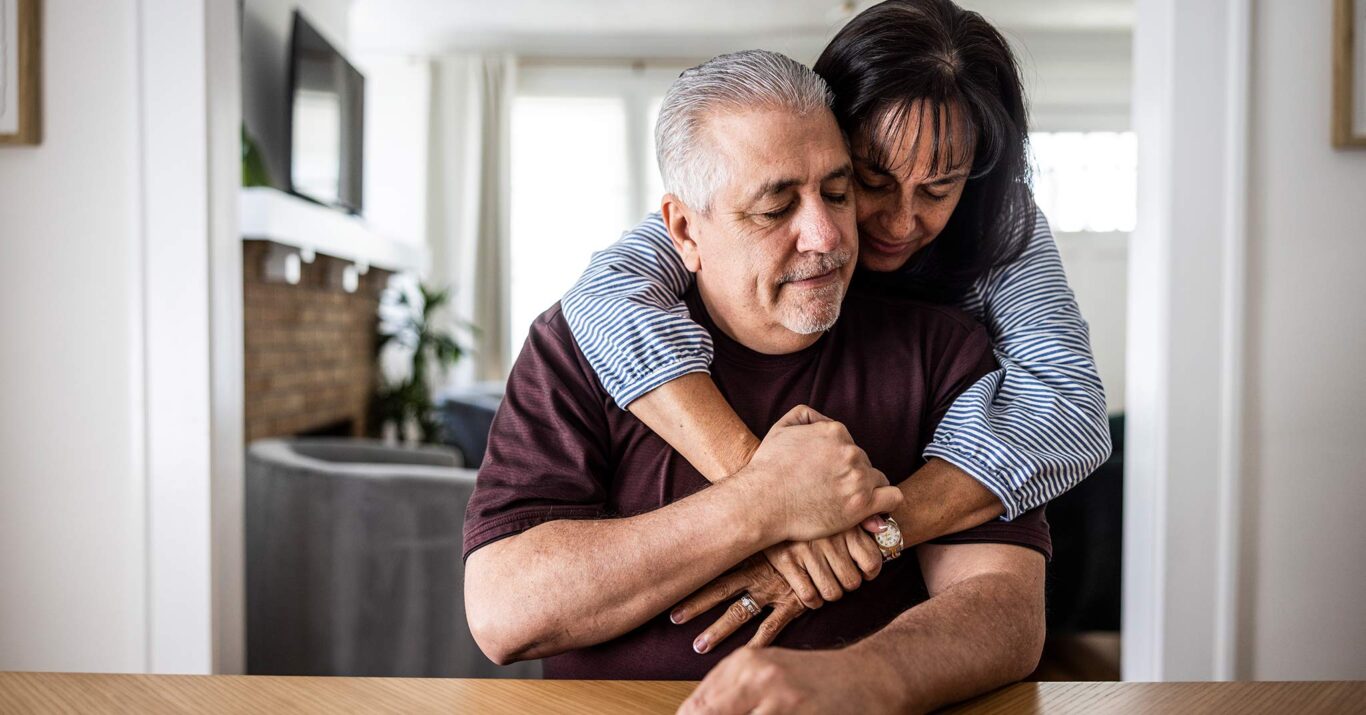How To Take Care Of Yourself
People can and do move forward from a suicide attempt. Your journey will take a unique path, each person may cope or struggle in different ways with their lived experience. It takes time to heal both physically and emotionally, but healing can happen.
Taking care of yourself is an important part of your journey. Your self-care activities can be anything that provides an outlet for stress, promotes wellbeing, and fosters your resilience. You can find some resources for coping tools here.
Silence isn’t strength. Having a safe space to talk about your experience and your feelings can help you move forward. Lean on your support network or find a support network that will help you through this time. You can also reach out to the 988 Lifeline for more support.
Suicide attempt survivors and researchers who study suicide recommend counseling to help find long-term strategies to ease the emotional pain that led to your attempt. Find a therapist using these different locator tools. You can also read through these resources for attempt survivors.
Have a step-by-step plan ready for if/when you feel depressed, suicidal, or in crisis, so you can start at step one and continue through the steps until you feel safe. Having a template on hand (PDF) with an established plan may be helpful, or you can watch and learn how to build your own.
The decision to share one’s lived experience with suicide may feel scary – especially the first time you share it. While the decision to share should not be taken lightly, your experiences do not need to fit into a perfect set of steps in order to be meaningful. If you are considering sharing your story, we recommend that you use this storytelling checklist to help you determine how to share your story safely and effectively – for yourself and others.
Supporting Loved Ones
Helping a loved one through the aftermath of a suicide attempt can be emotional and complicated. People who have attempted suicide have a higher risk of attempting again so it is important to provide support to the person to help them stay safe for now.
Be an active part of your loved ones’ support systems and check in with them often. If they show any warning signs for suicide, be direct and ask them if they are thinking of suicide. Ask about their self-care and safety plan to support them. If possible, be a part of their safety plan. Listen to their story and their feelings without offering advice or judgment.
Many attempt survivors report feeling guilt. You can help diminish their guilt. Let your loved one know that they have nothing to feel guilty about.
Let them know that they are still loved and that they are an important part of your life. Spend time with them, affirm them, and show affection. Learn more about actions you can take to help someone after a suicide attempt here.
Being a support for your loved one who attempted suicide can bring up your own feelings. The 988 Lifeline is always here to talk or chat, both for crisis intervention and to support allies and family. Helping a loved one through a crisis is never easy. Seeking out your own support from your own safe people or a crisis counselor can be helpful.





